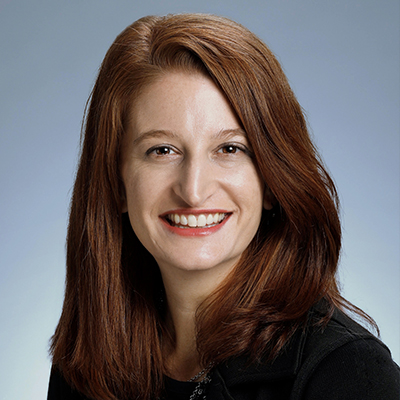
Workshop Topic Detail
Universal Design for Learning: Understand It, Design It, Live It
Universal Design for Learning (UDL) is a set of principles for curriculum development that give all individuals–with varying preferences, talents, and a multitude of other points of diversity-the opportunity to learn. UDL provides a blueprint for creating instructional goals, methods, materials, and assessments that work for everyone--not a single, one-size-fits-all solution, but rather flexible approaches that can be customized and adjusted for individual needs. This workshop demonstrates that student learning requires instructors to understand the learning sciences. Namely, that different brain areas have specific functions that can be activated and encouraged depending on how a faculty member structures a given course. These areas include recognition networks, strategic networks, and affective networks. Some students have strengths that relate to what they are learning, while others are very capable when it comes to how the learning can be accomplished, and others are quite attuned to why they are completing certain assignments. When providing options, we can use this structure for developing or modifying curriculum. During this workshop, participants will actively engage with valuable resources and learn a proven methodology for approaching the (re)construction of individual materials or an entire course according to universal design.
By the end of this workshop, participants know or will be able to:
- Understand the theoretical underpinnings and main tenants of universal design for learning, including appropriate timing for inclusion and usage.
- Assess the level of universal design for relevant courses and disciplines.
- Conceptualize and begin to leverage the use of universally designed methods for activity, assignment, and assessment as well as overall course modification.
Plans for Audience Participation and Interaction:
True to the guiding principles of Universal Design for Learning, participants are engaged in a variety of ways, including large- and small-group discussions; reviewing case studies and model course activities, assignments, and assessments; and hands-on opportunities to begin the curriculum development process for their specific courses. This workshop provides facilitated discussion for participants to engage in collegial information sharing around best practices for UDL and intentional (re)construction of individual materials and overall course structure.
Facilitator(s)

Elizabeth A. Mosser Knight, PhD (Beth; she/her) completed her initial graduate work in educational psychology at The Ohio State University where her research focused on student self-regulation and the assessment/reflection cycle. Her doctoral work at Notre Dame of Maryland University focused on faculty development and organizational growth with specific emphasis on the tenets and structures that best support faculty in deepening their teaching skills. During her time as a faculty member, Beth taught a variety of psychology and educational philosophy courses across modalities and continues to be an active proponent of the Universal Design for Learning (UDL) approach to curriculum development, having facilitated many UDL-related workshops, conference presentations, and keynote addresses on the subject. Beth shares a firm commitment to the mission of community colleges and student success in whatever form that may take for each individual–and holds a professional goal of positively contributing to an inclusive student experience. She believes in challenging students to learn new ideas and evolve as scholars and professionals in their fields, and in the importance of authentic and relevant experiences that leverage innate abilities and encourage the development of new skills.
Currently Beth serves as the Associate Vice Chancellor for Academic Programs for Austin Community College District. In this role, Beth provides student-focused and inclusivity-minded leadership and oversight of college credit academic transfer as well as adult education courses and programs. She provides leadership for collegewide initiatives and priorities in support of the college’s strategic plan and academic master plan. In addition, Beth provides leadership in improving student persistence, retention, and successful completion of college access courses and programs; transitioning of students into college credit courses and programs; and increasing equity of student success in all college-level courses and programs.

